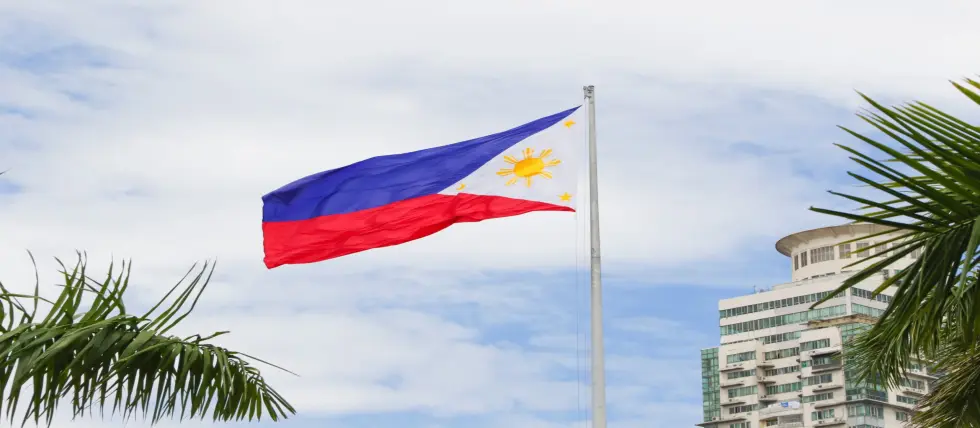The Philippines Removed from the FATF Grey List
The Philippines has finally seen its removal from the Financial Action Task Force (FATF) grey list. This decision was confirmed after the FATF plenary meeting held in Paris.

During the meeting, the international financial oversight body recognized the significant improvements made by the Philippines in strengthening its measures against money laundering and terrorism financing. This removal, suggested earlier this month, marks a crucial step forward for the country's financial and economic landscape.
The Philippines became the only country to be delisted from the FATF grey list in the latest update, issued this month. At the same time, 25 other nations, including Vietnam and Nepal, remain under heightened scrutiny due to shortcomings in their systems for combating financial crimes.
The Philippines had initially been placed on the grey list in June 2021 due to identified weaknesses in its regulations on anti-money laundering (AML) and counter-terrorism financing (CTF). Since then, the government has taken extensive corrective actions, leading to its removal from the list.
Industry analysts and financial experts view this development as a positive signal for the country's financial and business sectors. The decision is expected to boost investor confidence, attract foreign capital, and create a more stable environment for business transactions across multiple industries.
One of the key reasons for the country's removal from the grey list was the government's intensified efforts to clamp down on illicit financial activities linked to Philippine Offshore Gaming Operators (POGOs). These operations had been suspected of facilitating financial crimes such as fraud and money laundering. Many of these operators had functioned with limited oversight, making them vulnerable to exploitation by criminal networks involved in activities like online scams and human trafficking.
To address these concerns, authorities enacted stringent reforms to enhance regulatory oversight and minimize financial risks. The government introduced tighter licensing protocols for POGOs and other high-risk financial entities, implementing stricter compliance audits. A number of non-compliant POGO operators were shut down, reducing opportunities for illicit money flows.
More Business News
PAGCOR Lends Support
In addition to these efforts, the Philippine Amusement and Gaming Corporation (PAGCOR) introduced new regulations to broaden the scope of AML enforcement. These regulatory changes ensured that all entities with potential exposure to money laundering activities were brought under stronger monitoring.
Cooperation between the Anti-Money Laundering Council (AMLC), law enforcement agencies, and financial regulators was also reinforced to improve the identification and prosecution of financial crimes. The country also increased risk-based monitoring of casinos and junket operators to address FATF's concerns regarding financial crime vulnerabilities within the gaming industry.
PAGCOR played a key role in the implementation of these initiatives. Chairman and CEO Alejandro H. Tengco highlighted the organization's commitment to maintaining strict compliance with AML regulations.
The state gaming corporation's efforts in combating money laundering are primarily managed by two specialized divisions: the PAGCOR Anti-Money Laundering Supervision and Enforcement Department (PASED) and the Anti-Money Laundering Compliance Department (ACD). Officials have pledged that these teams will continue working alongside other regulatory bodies and licensed operators to ensure that the country remains compliant and does not return to the grey list.
The Philippines' removal from the FATF grey list is expected to enhance its reputation in the global financial sector, facilitating smoother cross-border transactions for businesses and individuals. Investors who previously saw greylisting as a potential risk factor may now have greater confidence in the Philippine financial system. This renewed trust could lead to increased foreign investment and contribute to overall economic growth across multiple industries.
RELATED TOPICS: Business
Most Read
Must Read
 Interviews
Interviews
Sweepstakes Casinos: Thriving in an Ever-Changing Industry – Interview with Attorney Stephen C. Piepgrass
Feb 17, 2025 Interviews
Interviews






Review this New Post
Leave a Comment
User Comments
Comments for The Philippines Removed from the FATF Grey List